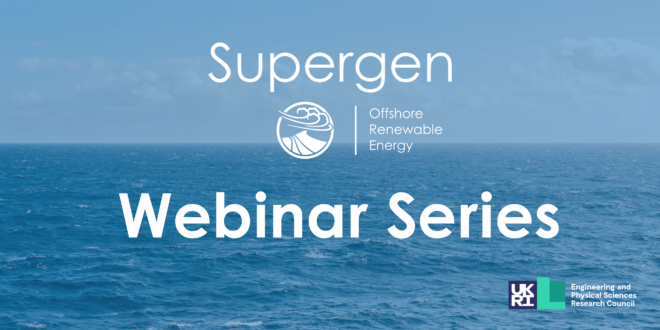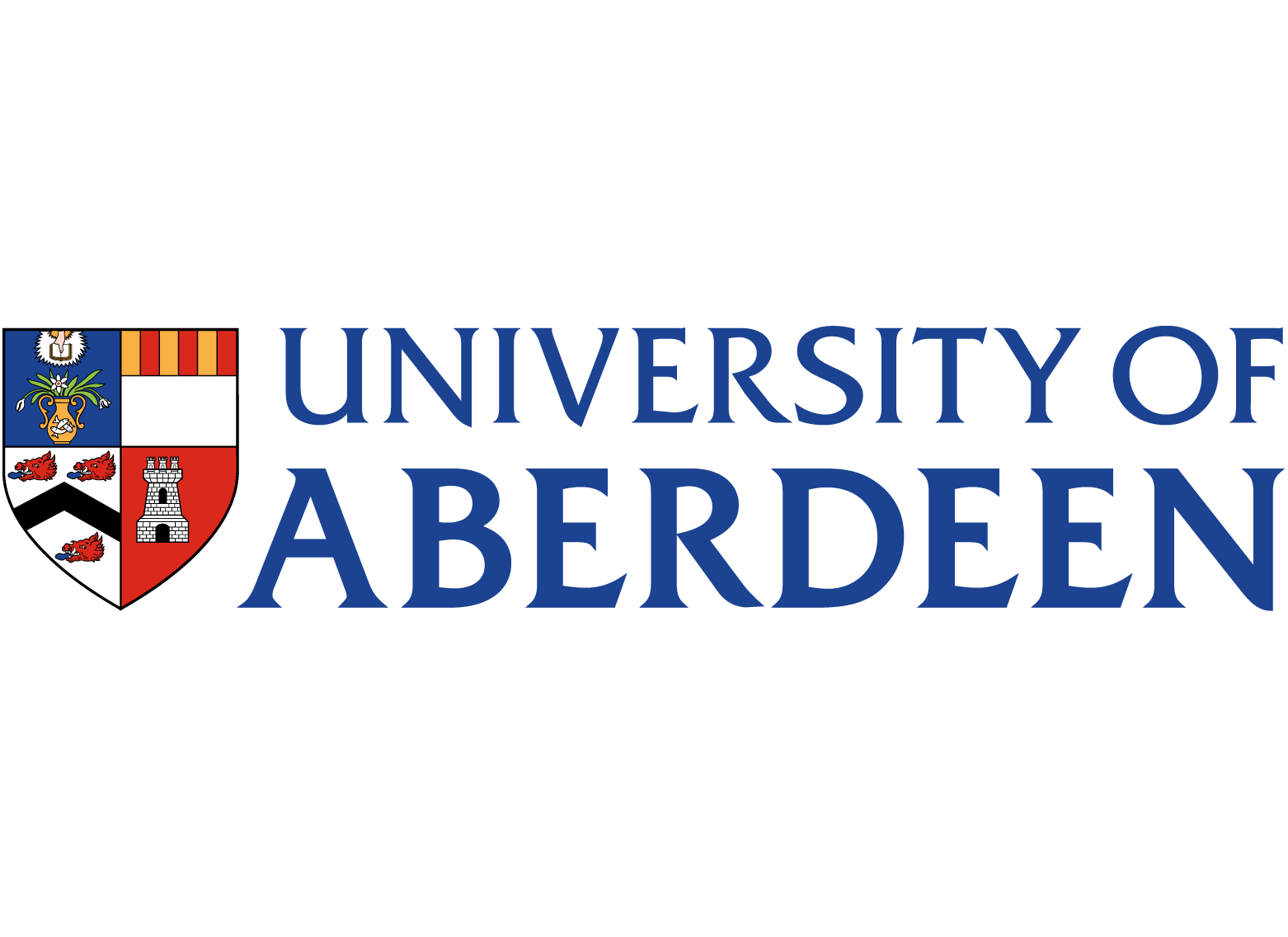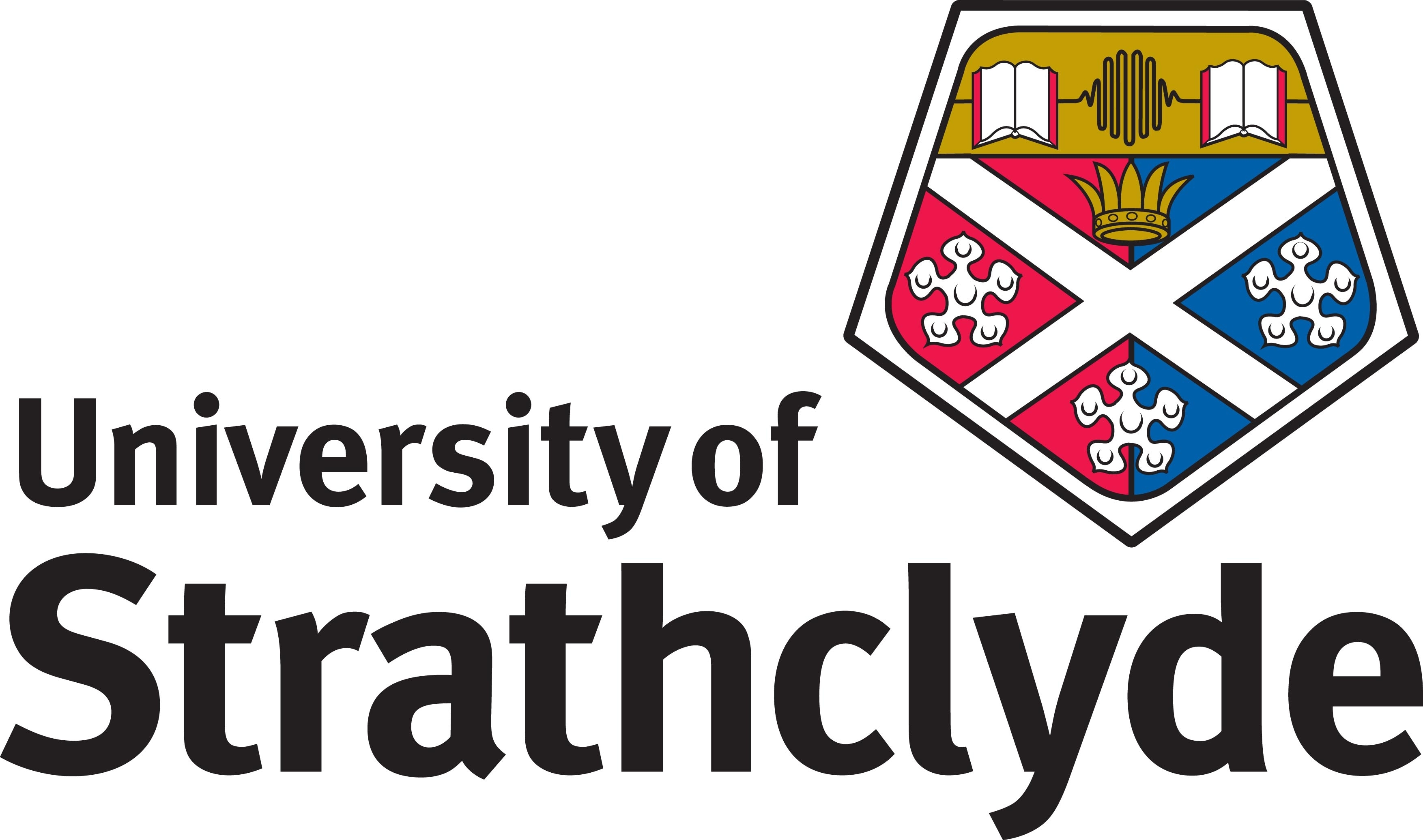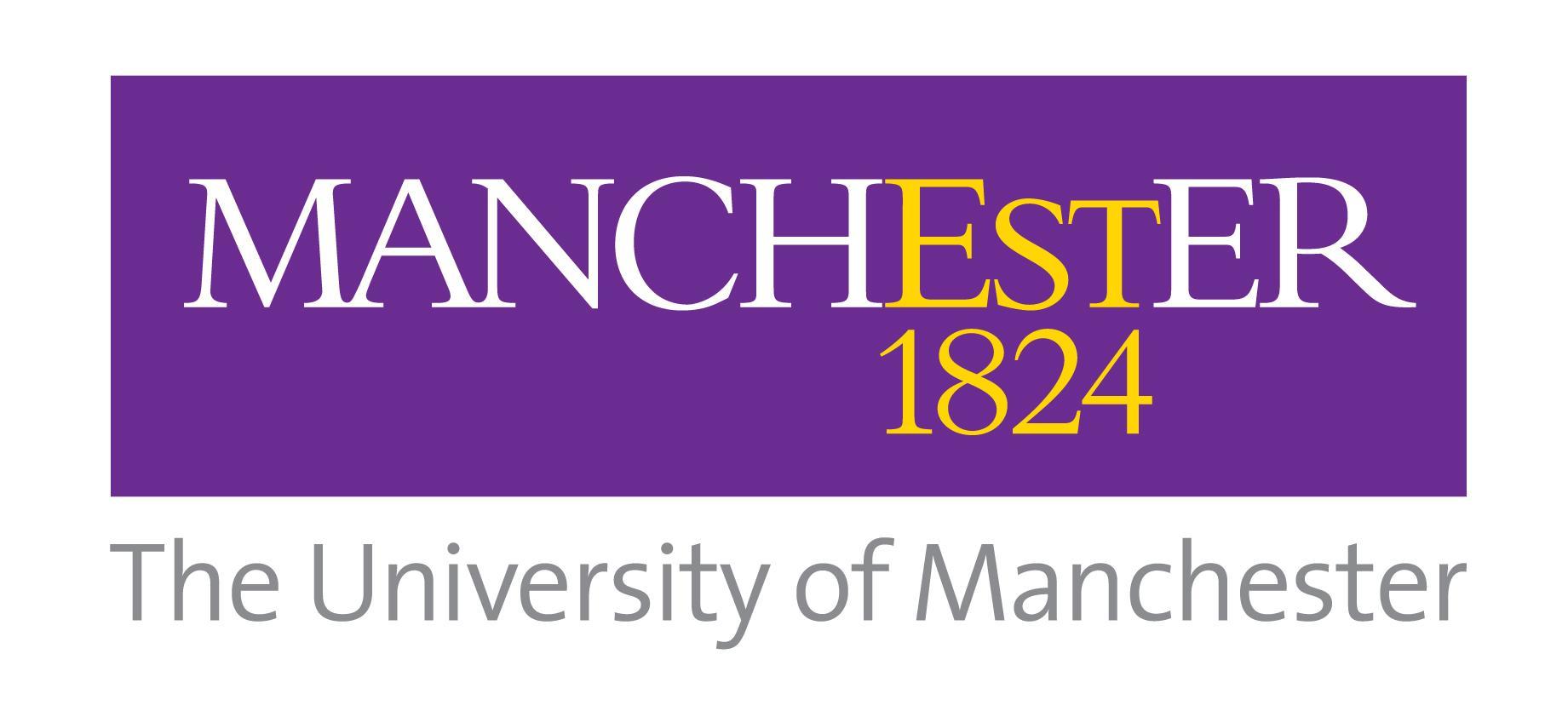The Institute for Energy Systems at the University of Edinburgh is proposing a new model of knowledge creation, research, and dissemination across different technologies, systems, processes and sustainable interventions within the theme of energy resilience.
Energy Resilience in Europe
The Russia-Ukraine war has highlighted that Europe relies on importing a large proportion of oil and gas from Russia. The figure below shows that during 2019 26.9% of Europe’s crude oil (left) was imported from Russia, and 41.1% of Europe’s natural gas (right) also came from Russia.

The level and impact of reliance is complex and interconnected across geographies, sectors, and timescales – all of which impact the challenge for Europe to have a more resilient energy system.
A new initiative from the University of Edinburgh
The Institute for Energy Systems at the University of Edinburgh is proposing a new model of knowledge creation, research, and dissemination across different technologies, systems, processes and sustainable interventions within the theme of energy resilience.
The Sustainable Energy Systems MSc at the University of Edinburgh (which is twinned with Kyiv) has 70 multi-disciplinary students who are about to choose their dissertation/project topics (in partnership with their supervisors).
Due to the current World events, the MSc team are pioneering a grassroots approach to their dissertation topics, suggesting that they could be based within the broad topic of ‘European energy resilience’ with inspiration drawn from the IEA 10-point plan on reducing EU reliance on Russian natural gas, for example:
- How many electric vehicles would we need in Europe to replace Russian oil imports and what would be the knock-on effect on electricity demand?
- How many heat pumps would we need to replace Russian gas imports/what impact could heat pumps make on reducing Russian gas imports?
- Assessing the impact of your research area/technology for a particular region, sector, or use-case in terms of its ability to improve one or more aspects of energy resilience.
The University of Edinburgh will allow the opportunity for their MSc students to present their projects in the form of posters with the creation of a tailored poster prize.
What can you do?
The group at Edinburgh have discussed this idea with other stakeholders in the energy sector who are keen to implement similar activities. The team are very interested in whether other members of the Supergen ORE Hub network can:
- Adopt a similar approach (or offer something even better!) in their own organization
- Encourage other research organisations to undertake take a similar supporting initiative
The team encourage you to think innovatively and beyond your own programs to see how the issue of energy resilience can be incorporated into:
- Summer internship projects
- Future student projects and PhDs
If this concept is adopted at a UK, European, and International level, this will not only contribute to meaningful research on an important and pressing research topic that affects all of us, but it will also raise this topic with the next generation of energy professionals.
Find out more
If your organisation is interested in finding out more about how the University of Edinburgh are coordinating their new initiative, or are interested in implementing this model in your own area or organisation, or exploring potential synergies, please contact:
- Henry Jeffrey, (Supergen ORE Hub Co-Director) University of Edinburgh: Henry.Jeffrey@ed.ac.uk
- Kristofer Grattan, Edinburgh Innovations/ETP: Kristofer.grattan@ei.ed.ac.uk












